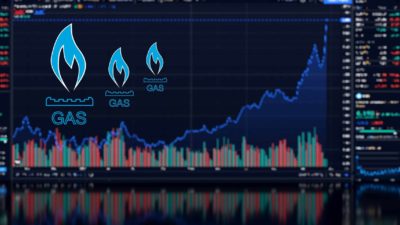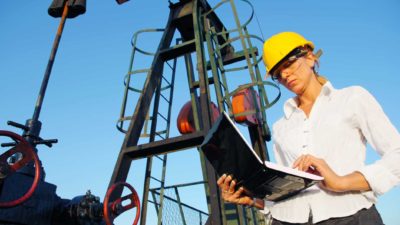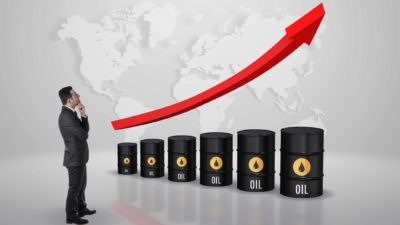The Australian Labor Party has claimed victory in the federal election, ousting the incumbent Coalition government. This means there could be some big changes ahead for a range of industries, with ASX energy shares front and centre.
While both parties were broadly aligned on a 2050 net-zero emissions target, Labor's policies put more of an emphasis on renewables as its method for addressing emissions.
The changing of the guard comes at a time when oil prices are at eight-year highs of US$110 per barrel. Simultaneously, calls for climate action and emission reductions are more topical than ever. In recent months a raft of extreme weather events has impacted Australia.
So, what could the landscape for ASX energy shares look like under Labor?
Pushing more renewables
The energy sector could be in for a shakeup as Labor takes the reins of the Australian economy. As a result, investors are sizing up what it means for the energy industry.
When it comes to politics, usually not all the cards are on the table to see. However, Labor's Powering Australia policy gives people some insights into what we could expect over the next three years of government.
According to the plan, Labor plans to reduce emissions by 43% by 2030 to remain on track for net zero by 2050. To do this, the government will invest $20 billion in upgrading the electricity grid to make it better equipped for interfacing with an increase in renewable electricity.
Furthermore, the newly sitting government will fund a large deployment of batteries and solar banks across the nation. Labor's policy outlines $300 million worth of investment for 400 community battery installations and 85 solar banks.
While some have spouted an opinion that Labor could explore other avenues of intervention in the energy market — including taxes — these claims are unsubstantiated.
On another note, Mike Cannon-Brookes was quick to quip that the Labor win could weaken any prospects of the demerger planned by AGL Energy Limited (ASX: AGL).
Where ASX energy shares could get caught out
At face value, it appears that fossil fuel extractors on the ASX may not receive much of a lashing after all. But, a high number of elected Greens and Teal independents in this election could pose more of a risk to ASX energy shares.
Unlike the Coalition and Labor, the crossbench have greater expectations of what is needed to reduce emissions. Data collated by Climate Analytics shows that it is the two more climate progressive parties holding policies that are consistent with 1.5 degrees celsius warming by 2030.
If Labor fails to form a majority, the crossbenchers will have the leverage to drive more dramatic climate policy. Even if Labor forms a majority, a greater presence of independents and Greens this time around increases the chances of stiffer crackdowns on polluters.
Ultimately, it is the oil and gas giants that could lose out from such a situation. ASX energy shares such as Woodside Petroleum Limited (ASX: WPL) and Santos Ltd (ASX: STO) would be at risk.








